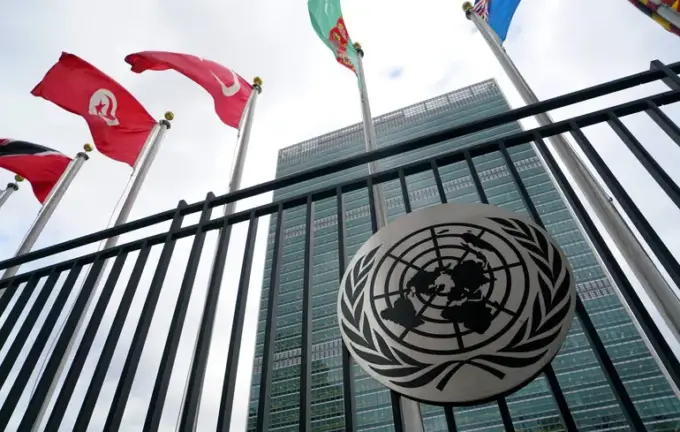America and the World in a Race for Influence: US Announces Open Contest for UN Secretary-General, Likely Causing Tensions in Latin America

On Friday, the United States officially declared its intention to consider candidates from around the globe for the upcoming Secretary-General of the United Nations.
This decision marks a departure from the traditional regional rotation principle and could spark dissatisfaction among Latin American countries, who believe it is their turn to lead the organization.
The next Secretary-General, to be elected next year, will serve a five-year term starting January 1, 2027.
Usually, the position rotates between regions, and currently, it is Latin America and the Caribbean’s turn.
Deputy US UN envoy Dorothy Shih emphasized that the selection process should be based solely on merit and invited candidates from all regional groups.
The formal nomination process will begin late this year when the UN Security Council’s 15 members and the 193-member General Assembly will jointly send a letter requesting nominations.
Candidates must be nominated by a UN member state.
The final decision rests with the five permanent Security Council members — the UK, China, France, Russia, and the US.
Russia, which recently lost several UN elections, argues that regional rotation is a tradition, not a rule, and maintains that all regions have a right to 주장 their candidacies based on merit.
With growing support for the idea of electing the first woman to head the UN, many believe a female leader could bring fresh perspectives to the organization.
US efforts seem aimed at selecting a leader with extensive experience, yet Latin American countries are actively lobbying for their candidates, such as Chile’s Michelle Bachelet and Costa Rica’s Rebeca Grynspan, signaling increased geopolitical tension in the process.

